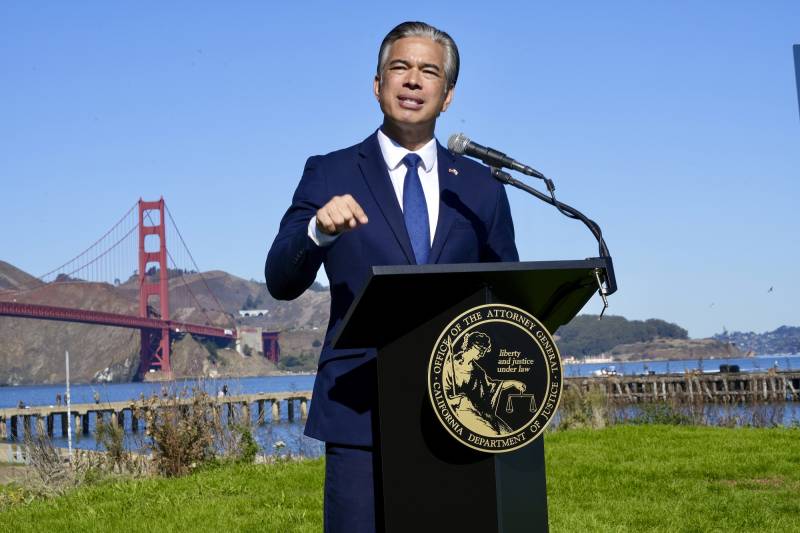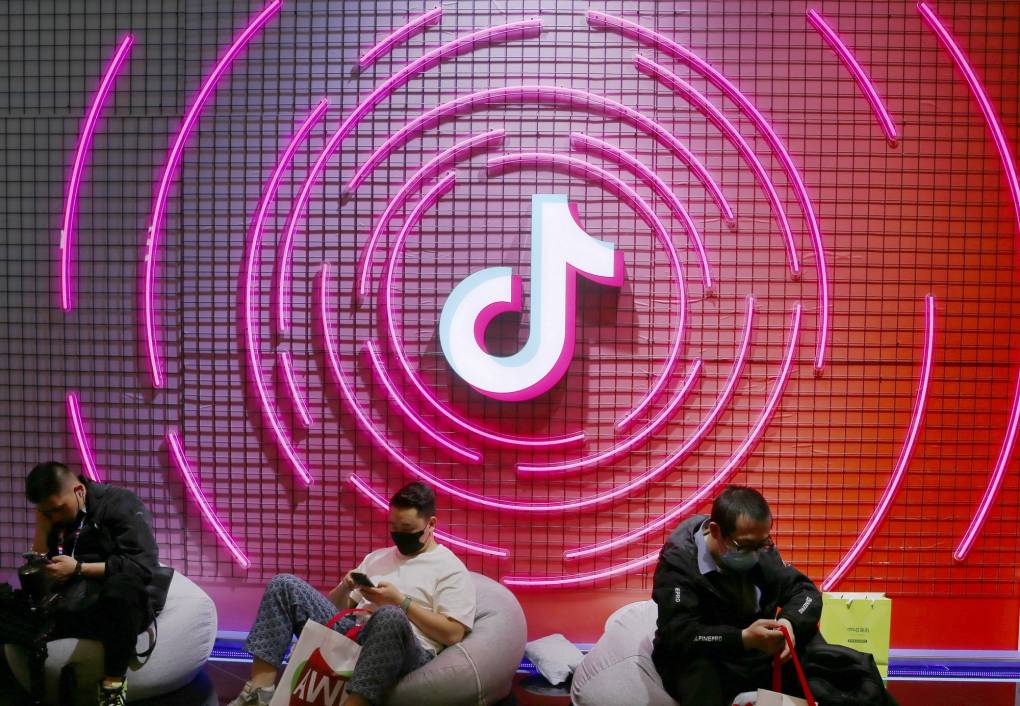Adolescents who spend more than three hours a day on social media are twice as likely to experience depression and anxiety, Bonta noted. He said if Congress won’t act, California should.
“Let’s be clear. This isn’t theoretical. It’s not a study about what might be. This is about real children and teenagers, real families, real impacts on real lives,” he said, noting that many apps have algorithms that “purposely prey on the psychological and developmental vulnerabilities of young people to keep them hooked.”
Assemblymember Bauer-Kahan stressed that the government had taken steps for decades to force private industry to make their products safer — such as mandating seatbelts in cars, recalling tainted foods and putting warning labels on tobacco products. A mother of teenagers, Bauer-Kahan said tech companies have a “powerful profit motive” to keep people online.
“Our children are aware of the harms, but they feel trapped,” she said. “They feel afraid of being isolated. And they just can’t stop. The companies know this. They know the damage they’re doing. We’ve heard it from the folks inside these companies who have testified on the issue.”
Jim Steyer, founder and CEO of Common Sense Media, which is sponsoring the legislation, called this a “tobacco moment for the country,” harkening back to the debates over warning labels and other regulations for cigarette makers who knew their products caused cancer but did not tell the public.
It’s not the first foray by California into regulating social media apps. In September, Gov. Gavin Newsom signed a bill aimed at forcing social media companies to change their algorithms to make them less addictive to teens and children. Bonta supported that law and has also brought several multi-state lawsuits against social media companies, including Meta and TikTok.
He said the warning label won’t be a panacea but is part of a multi-pronged effort to address a public health crisis.
A spokesperson for Meta declined to comment on the pending legislation. TikTok did not immediately respond to a request for comment.


